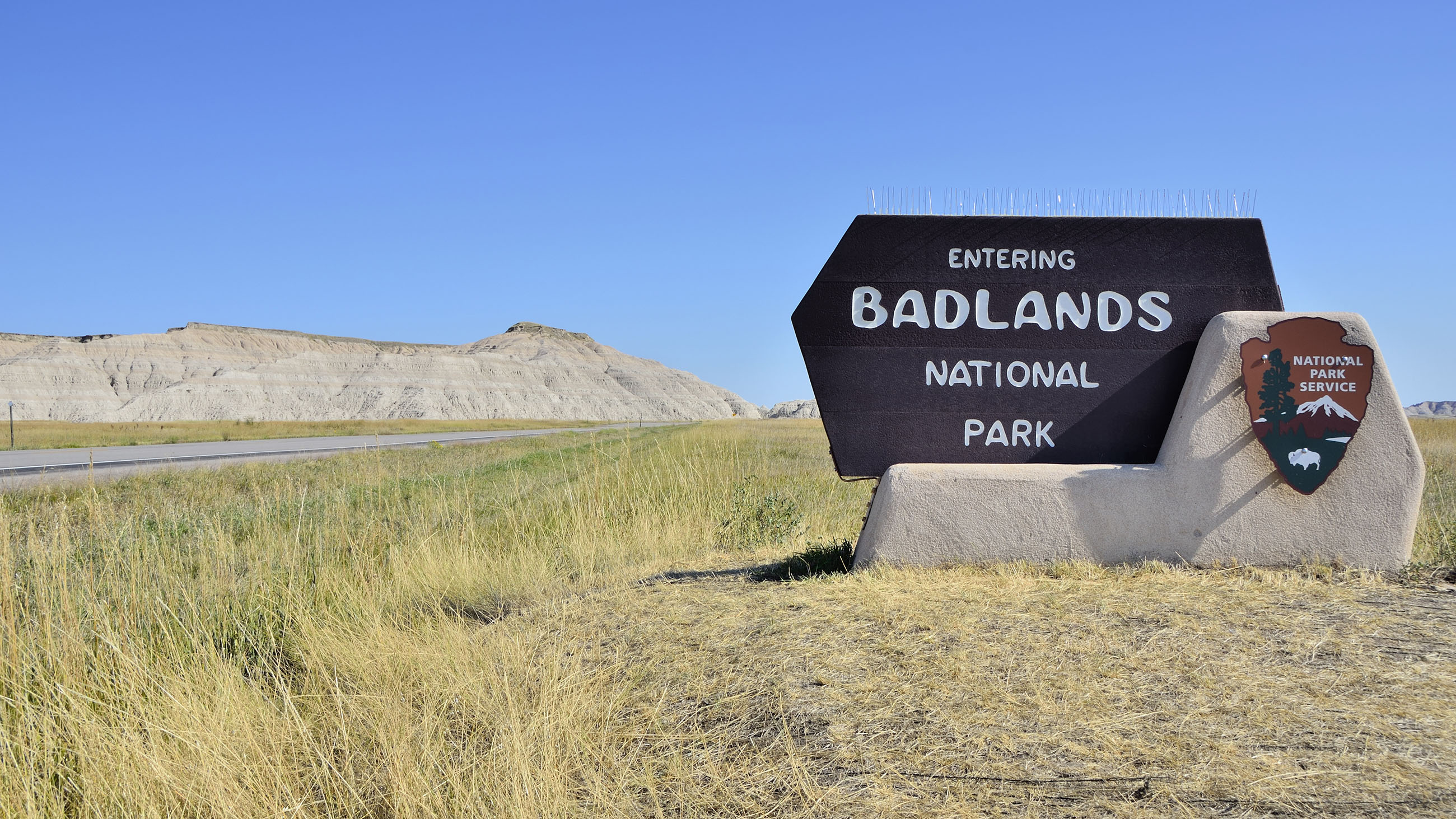Silencing Scientists: A Recent History
During President Trump’s first full week in office, federal researchers saw a sudden crackdown on how they’re instructed to communicate their work to the public. According to the Washington Post, the administration has reportedly ordered the Environmental Protection Agency, the Department of the Interior and the Department of Agriculture to cease all public communication through social media and news releases. The EPA was also instructed to erase all mentions of climate change on its website — an order the administration has since backed away from. Still, any new scientific findings by the agency will be subject to review on a “case by case basis”, according to an NPR interview with Doug Ericksen, the head of communications for Trump’s EPA transition team. The Trump administration also ordered the National Institutes of Health to stop communicating with Congress.

Gretchen Goldman is the research director for the Center for Science and Democracy at the Union of Concerned Scientists.
Visual: Nicolette Theriault
Badlands National Park made headlines this week for posting several tweets about the dangers of climate change after they too were instructed to halt external communication. The tweets have since been taken down, but several “alternative” accounts have popped up in response, including @AltUSNatParkService, @RogueNasa, and @AltUSEPA.
Many researchers, from both inside and outside the government, have raised concerns about Trump’s efforts, but this is not the first time that a presidential administration has tried to control scientific information in the government. Gretchen Goldman is the research director of the Center for Science and Democracy at the Union of Concerned Scientists. Since 2004, Goldman and the CSD have been reporting on the scientific integrity of federal agencies. For this installment of the Undark Five, we asked Goldman how the actions taken this week by the Trump administration compare to the government’s scientific integrity under George W. Bush and Barack Obama.
The following interview has been lightly edited for clarity.
Undark: This week there have been several events that have alarmed researchers and federal employees, including crackdowns by the Trump administration to limit public communication by the EPA, NIH and NPS, as well as reported orders for EPA employees to delete references to climate change in public documents — an order which has since been somewhat rescinded. How do these actions compare to past administrations, and do they alarm you?
Gretchen Goldman: They do alarm me. I think this week has sent a chilling message to federal scientists and the scientific community at large about how this administration will treat science.
Compared to previous administrations, I think we saw a really concerning level of political interference in science in the George W. Bush administration. And right now, the Trump administration is taking eerily similar actions. Under President Bush, there were really egregious political interference cases: There were political appointees editing scientific content of reports; there was a muzzling of scientists, preventing them from speaking to the media and the public; and there was an otherwise undermining of the scientific enterprise in federal agencies by cutting funding to programs, putting false information on websites, and things of that nature. So, this week certainly doesn’t bode well when it comes to how the Trump administration will compare.
UD: The CSD has been looking at scientific integrity in policymaking since 2004, including a report this month titled “Preserving Scientific Integrity in Federal Policymaking.” How did you define scientific integrity, and how is that definition different for the federal government than for private or academic institutions, in terms of things like communicating with the public?
GG: I think that no matter where it is being applied, the broad principles of scientific integrity are the same, and they include the ability to produce independent science, the transparency associated with that science, and how it is used in decision making. It includes the freedom of scientists to communicate that science outwardly.
In the federal government context, what scientific integrity means is that it applies to scientists within federal agencies but also others that are dealing with science, managing scientists, or handling science in other ways. In the federal government context, it means that there are these rights, written down, and they should be implemented appropriately. Scientists should have the right to communicate to the public and the media, and science produced at federal agencies shouldn’t be subject to political interference.
UD: Can you give us an overview of the state of scientific integrity under the Bush and Obama administrations? What lessons can the Trump administration take away from them?
GG: Under the George W. Bush administration, reports started trickling out that showed that the administration was sidelining science, manipulating science and exerting political influence over what should be independent scientific procedure within agencies. This had a huge impact on the morale of federal scientists and their ability to do their work within federal agencies.
Obama, even in his inaugural address, vowed to restore science to its rightful place. And he proceeded to implement a scientific integrity directive that asked federal agencies to develop scientific integrity policies that guaranteed freedoms for the science and scientists at those agencies. In response, 24 federal agencies now have scientific integrity policies in place, and a lot of agencies have scientific integrity officers. So, President Trump is taking office at a very different time with respect to our understanding of scientific integrity and the degree to which we have policies on paper that protect it.
UD: In your report, you score the scientific integrity of certain federal agencies like the EPA, FDA and DOI, as “Strong”, needing “Some Progress” or “Nonexistent or Poor” for certain categories like “Peer Review Policy”, “Media Policy”, “Public Reporting of Allegations” and “Whistleblower Certification.” Which agencies, according to this, have had the best or worst track record in the past, and what specific agencies and categories do you think are the most important to watch going forward?
GG: We were really happy to see a lot of federal agencies put in place really good policies. So, a lot of the really good, higher standard ones are NOAA — the National Oceanic and Atmospheric Administration. The EPA’s policy is very good. The USDA’s was just released this December, and that is also a really impressive one. They have all been doing really well , [but] there are a few that haven’t been quite so developed: The Department of Transportation comes to mind as just not being as far along on these issues.
These policies include a lot of provisions that, from what we have seen this week, are going to be really crucial to have in place. In particular, a lot of policies include personal views exceptions, where federal scientist are free to speak to the public or the media without asking permission first. That is a really strong provision in these times we live in that should allow scientists to communicate outwardly — even if they are restricted in how they can officially communicate on behalf of the agency.
I think that the other one that will be really important is a right of last review. So, this is the right of scientists to be the last people to review scientific content before it is released publicly from the agency, whether in a press release or on a website or on social media.
UD: So far, public pressure seems to have had some effect on increasing scientific integrity. Yesterday, several news outlets reported that the new administration was backing off its reported plan to take down climate change information on the EPA’s website. What were some actions taken by people in past administrations to increase scientific integrity, and what can people do to increase it under the new administration?
GG: Yeah, I think that we are seeing that, at least so far, there seems to be some responsiveness to public pressure from this administration. So, to the extent that we can keep that up, I think that is important.
The other thing that I think this week shows is that we are really living in different times than we were under the Bush administration, with respect to the ability of an administration to control the message. You know, we are seeing all of these kind of rogue social media accounts, allegedly from federal scientists. That really shows that you can’t really clamp down on information the way that, at least this administration appears to be trying to do, or thinks it can do.
[Federal scientists] have more resources at their disposal for reacting to things. They might have a scientific integrity officer that they can go to, they might have I.G. offices —Inspector General offices that they can go to. They can leak things to the media. There are now all kinds of ways to anonymously report out wrongdoing, which is something that we also saw this week.
Ian Evans is a Boston-based freelance reporter who writes about science, health and the environment.










